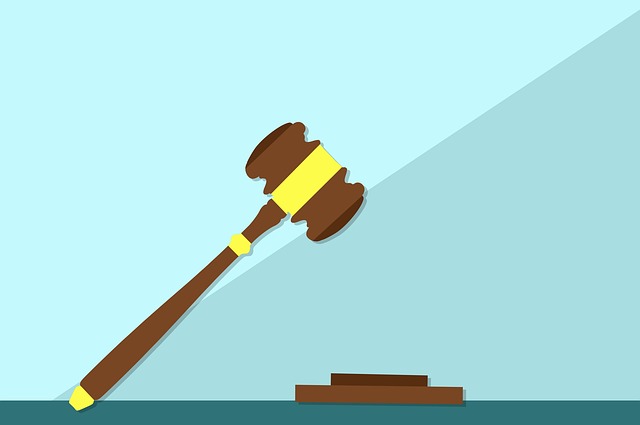A new report from A.M. Best highlights the potential damage that any legislative moves to force retroactive business interruption claims into the insurance and reinsurance industry could cause, saying that as much as 50% of re/insurer capital could be wiped out with just two months worth of claims.
 The business interruption questions related to the Covid-19 coronavirus pandemic continues to run, with uncertainty over the eventual influence legislative efforts and law suits could have on the flow of losses to insurance and reinsurance capital.
The business interruption questions related to the Covid-19 coronavirus pandemic continues to run, with uncertainty over the eventual influence legislative efforts and law suits could have on the flow of losses to insurance and reinsurance capital.
With the re/insurance industry already braced for what could be the largest industry loss in its history, from the pandemic.
While industry loss estimates include Dowling & Partners estimate that the P&C industry loss alone will be between $40 billion and $80 billion, as well as UBS’ revised Covid-19 industry loss estimate of between $30 billion and $60 billion.
The subject of business interruption (BI) litigation is a significant uncertainty, but one that threatens the health of the re/insurance industry given its size.
Rating agency A.M. Best has undertaken some analysis to identify just how large a threat the business interruption issue could be.
The agency said that, “Industry capital backing U.S. insurers and reinsurers writing business interruption (BI) insurance could decline by as much as 50% on an after-tax basis if legislated policy changes force carriers to pay for two months of retroactive coverage on COVID-19-related BI claims.”
Explaining that state and federal bills under consideration would “seek to retroactively require insurers to cover the loss of use and occupancy of physical premises, as well as the business interruption-related costs, regardless of policy language.”
“These bills, which to date mainly are focused on smaller businesses, would sanction an interpretation that runs contrary to a policy’s original wording and require coverage that was never intended when the policy was underwritten and priced. AM Best believes that forcing insurers to pay for COVID-19-related business interruption claims, despite any specific policy exclusions, could threaten many insurers’ solvency and reap disastrous consequences for the U.S. property/casualty insurance industry,” the rating agency states.
A.M. Best’s analysis found that an estimated $633 billion of U.S. insurance and reinsurance company surplus is exposed to business interruption losses.
Further, they calculated that the impact of legislation could drive estimated monthly business interruption losses of between $150 billion and $200 billion just for businesses with fewer than 100 employees.
Hence, a closure of just two months could drive a projected after-tax capital and surplus loss of 37-50% for the insurance and reinsurance sector.
Significant figures, which is why we’ve said before any attempts to retroactively force re/insurers to honour these business interruption claims, which were never underwritten for in the first place, needs to come with a government funded reinsurance backstop.
If this happened and BI coverage was expanded through legislative and retroactive means, A.M. Best said that, “A significant number of companies would see their Best’s Capital Adequacy Ratio (BCAR) transition downward.”
As a deterioration in BCAR could result in ratings downgrades, A.M. Best warned that “many insurers could experience rating downgrades of multiple notches,” under this scenario.
Legislation forcing insurers to pay for unintended business interruption losses would have a destructive impact on the industry’s financial strength and affect its ability to fulfill policyholders’ interests,” explained Stefan Holzberger, chief rating officer at AM Best Rating Services. “In the long term, retroactive coverage could affect pricing, availability of insurance and confidence in underwriting.”
A.M Best also warns that while some of the bills discuss state reimbursement for insurers, “any reimbursement would ultimately come back from the industry in the form of assessments based on market share.”
As a result, insurers would likely pass these onto their policyholders and there would also be higher rates seen as a result, in both insurance and reinsurance markets it’s assumed.
A.M Best’s analysis lays bear the size of the business interruption issue associated with the Covid-19 pandemic and shows just why the industry is so nervous about the potential for any retroactive action to be taken.
 View all of our Artemis Live video interviews and subscribe to our podcast.
View all of our Artemis Live video interviews and subscribe to our podcast.
All of our Artemis Live insurance-linked securities (ILS), catastrophe bonds and reinsurance video content and video interviews can be accessed online.
Our Artemis Live podcast can be subscribed to using the typical podcast services providers, including Apple, Google, Spotify and more.































